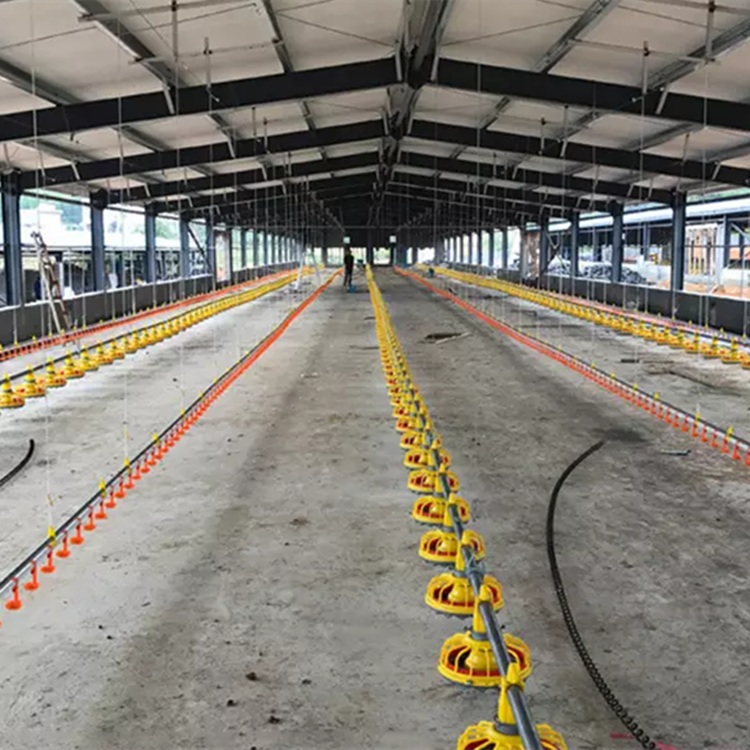plastic vacuum packaging machine
Nov . 19, 2024 07:06 Back to list
plastic vacuum packaging machine
The Importance of Plastic Vacuum Packaging Machines in Modern Industries
In the ever-evolving landscape of food packaging and preservation, plastic vacuum packaging machines have emerged as indispensable tools for various industries. These machines are designed to remove air from packaging, seal products tightly, and extend shelf life, ultimately contributing to reduced food waste and enhanced safety for consumers. With the growing demand for efficient packaging solutions, it's essential to explore the functionalities, benefits, and applications of plastic vacuum packaging machines.
How Plastic Vacuum Packaging Machines Work
Plastic vacuum packaging machines operate by drawing out air from a bag or container that holds the product. The process begins with placing the item into a specially designed plastic bag. The machine then uses a vacuum pump to extract the air, minimizing oxygen exposure. Following this, a heating element seals the package by melting the plastic edges together. This vacuum-sealed bag not only preserves the freshness and integrity of the product but also protects it from contaminants, moisture, and external damage.
Benefits of Vacuum Packaging
1. Extended Shelf Life One of the most significant advantages of vacuum packaging is its ability to prolong the shelf life of food products. By removing oxygen, vacuum packaging slows down the growth of aerobic bacteria and molds, thereby preserving the quality of food items for longer periods. This is particularly beneficial for perishable goods like meats, cheeses, and fresh produce.
2. Cost-Effectiveness For businesses, reducing waste translates to increased profitability. Vacuum packaging allows companies to store larger quantities of products without the risk of spoilage. Furthermore, it enables manufacturers to take advantage of bulk purchasing and extended distribution times.
3. Enhanced Flavor and Texture Vacuum sealing can enhance the flavor and texture of products. Foods that are vacuum-packed can marinate faster, as the absence of air allows seasoning and marinades to penetrate deeper. This is incredibly advantageous for the culinary industry, where flavor profiles are paramount.
4. Reduced Storage Space As air is removed, vacuum-sealed packages occupy less space, which is a significant advantage in warehouses, refrigerators, and transport vehicles. The compact nature of vacuum-sealed products optimizes storage capacity, leading to better space management.
5. Improved Safety With the threat of foodborne illnesses, safety is crucial. Vacuum packaging can significantly minimize the risk of contamination by providing a sterile environment for food. This is particularly important for the meat and seafood industries, where contamination can have severe consequences.
plastic vacuum packaging machine

Applications Across Industries
Plastic vacuum packaging machines are not limited to the food industry; they have broad applications across several sectors
- Food and Beverage From sealing ready-to-eat meals to preserving gourmet ingredients, vacuum packaging machines are prevalent in restaurants, catering services, and food production facilities.
- Medical In the medical field, vacuum packaging is used for sterilizing and protecting medical supplies and equipment, ensuring they remain uncontaminated until use.
- Electronics Vacuum packaging protects electronic components from moisture and dust, which can damage sensitive parts.
- Consumer Goods Many household products, such as clothing and textiles, benefit from vacuum packaging to prevent humidity and mildew, preserving their quality during storage.
Choosing the Right Vacuum Packaging Machine
When considering a plastic vacuum packaging machine, it's essential to assess the specific needs of your business. Factors such as production volume, the types of products being packed, and budget constraints should guide your decision. There are two primary types of machines chamber vacuum sealers and external vacuum sealers. Chamber sealers are suitable for high-capacity needs, while external sealers are often more portable and ideal for smaller operations.
Conclusion
Plastic vacuum packaging machines have revolutionized the way products are stored and preserved, offering numerous benefits that enhance quality, safety, and efficiency. As industries continue to prioritize sustainability and innovation, the role of vacuum packaging is expected to grow even further. By adopting these machines, businesses can not only meet consumer demands but also contribute positively to the environment by reducing food waste and enhancing product longevity. In an age where quality and preservation matter immensely, investing in plastic vacuum packaging technology is undoubtedly a step in the right direction.
-
Automatic Feeding Line System-Pan Feeder Nipple Drinker|Anping County Yize Metal Products Co., Ltd.
NewsJul.29,2025
-
Hot Sale 24 & 18 Door Rabbit Cages - Premium Breeding Solutions
NewsJul.25,2025
-
Automatic Feeding Line System Pan Feeder Nipple Drinker - Anping County Yize Metal Products Co., Ltd.
NewsJul.21,2025
-
Automatic Feeding Line System Pan Feeder Nipple Drinker - Anping County Yize Metal Products Co., Ltd.
NewsJul.21,2025
-
Automatic Feeding Line System - Anping Yize | Precision & Nipple
NewsJul.21,2025
-
Automatic Feeding Line System - Anping Yize | Precision & Nipple
NewsJul.21,2025






